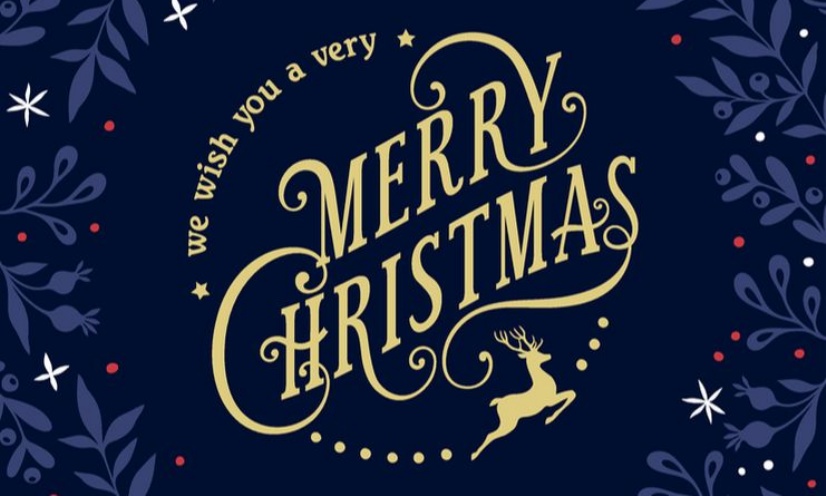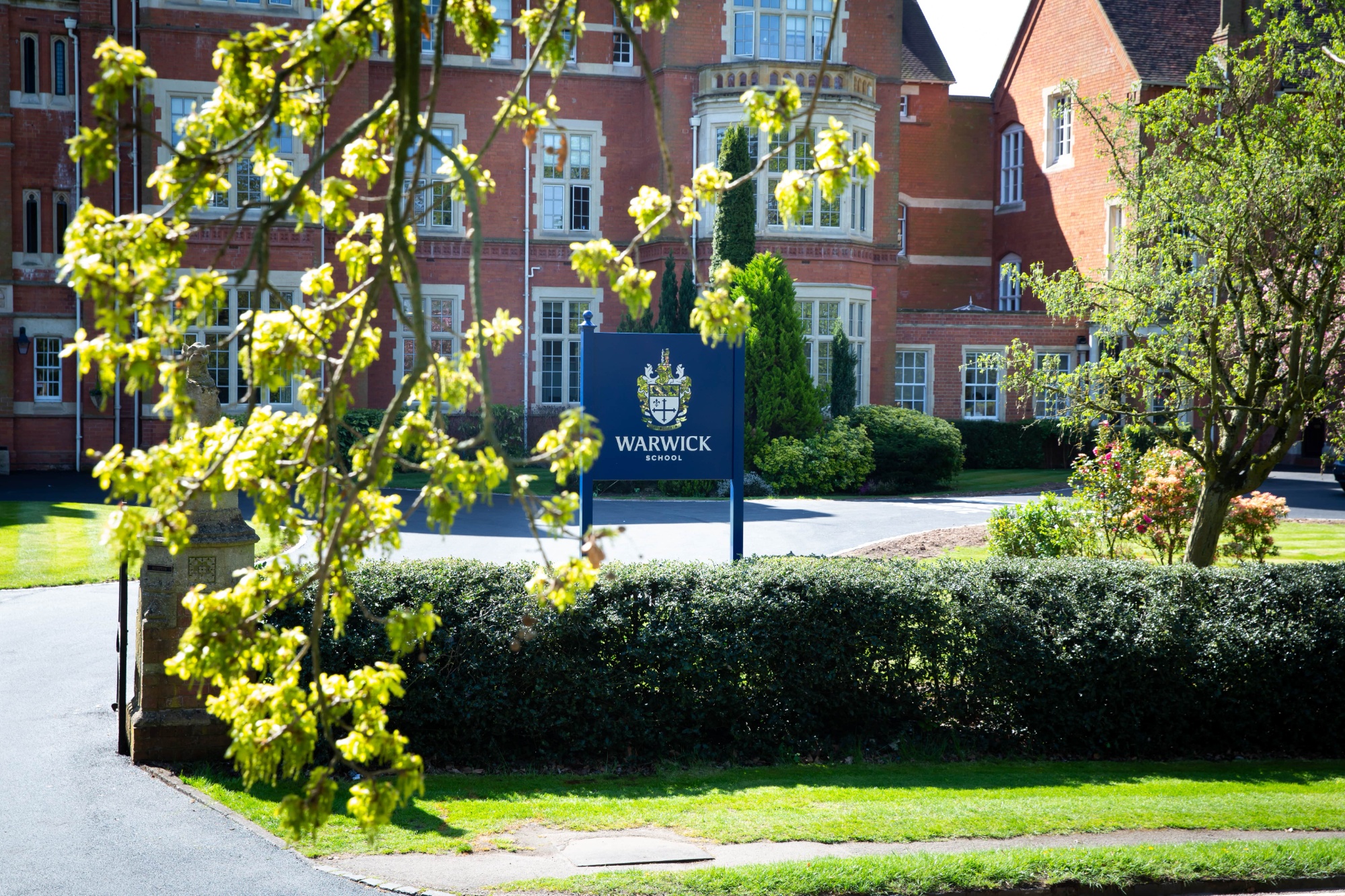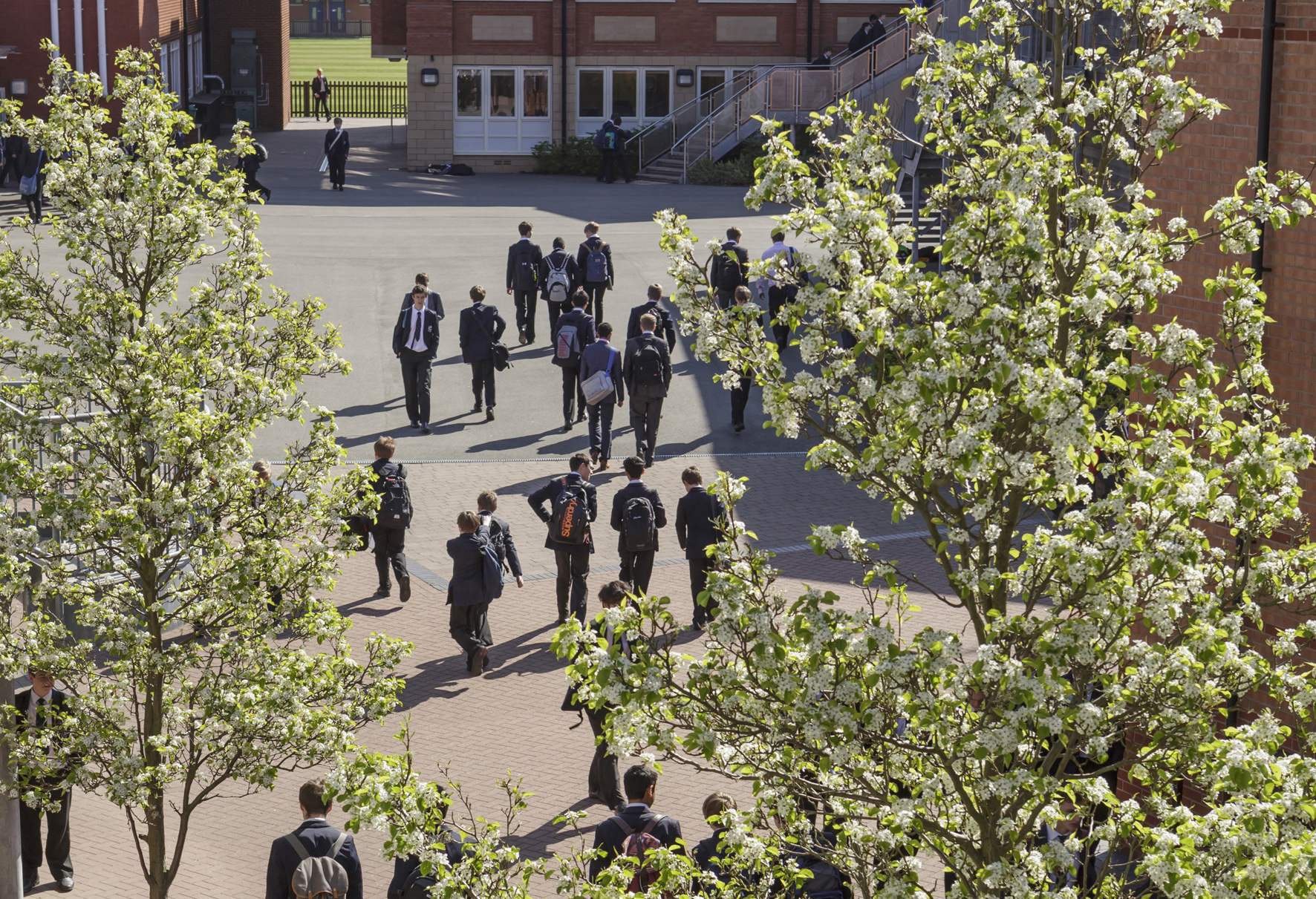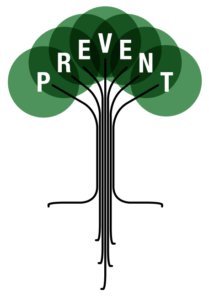On Gratitude at Christmas

As you know I love reading and I love books. Things I have read frequently form the basis of my assemblies and blogs. During term it can be hard to find the time to read for pleasure.
At the moment, reading my daughter’s bedtime story forms the majority of my reading. My son’s old picture books have come down form the loft and each evening before bed he is chooses a story for me to read to his sister. A current favourite is A Squash and a Squeeze by Julia Donaldson and Axel Scheffler. No doubt many of you are familiar with the story; written over twenty years ago, it was the first book from the authors of the Gruffalo and has been a firm favourite ever since.
The story begins with a woman complaining that her house is much too small and enlists the help of a wise old man.
A little old lady lived all by herself
With a table and chairs and a jug on the shelf.
A wise old man heard her grumble and grouse,
“There’s not enough room in my house.
Wise old man, won’t you help me, please?’
My house is a squash and a squeeze.”
The wise old man suggests that she brings her farmyard animals into the house. Although unconvinced she accepts the wise old man’s advice and does what he suggests. First her hen, then her goat and pig, before finally her cow are all brought inside. Her home is now full of animals and really cramped! At this point she returns to wise old man.
“Wise old man, won’t you help me, please?’
My house is a squash and a squeeze.”
“Take them all out,” said the wise old man.
The old lady is puzzled.
“But then I’ll be back where I first began.”
But none-the-less she acts on his seemingly contradictory advice. When she finally manages to push all the farm animals out again, she’s amazed at how spacious her house feels – it is no longer too small.
“Thank you, old man, for the work you have done.
It was weeny for five, it’s gigantic for one.
There’s no need to grumble and there’s no need to grouse.
There’s plenty of room in my house.”
And now she’s full of frolics and fiddle-de-dees.
It isn’t a squash and a squeeze.’
Her initial response to the old man’s second piece of advice was correct. At the end of the story she is back where she first began, physically nothing has changed, her house is the same size as it was at the beginning of the tale. One important thing has changed however, her attitude.
A Squash and a Squeeze is a humorous story with an important message about being grateful for what we have. As Christmas approaches, and it looks increasingly uncertain what the holiday season will look like, this message is an important one.
Sadly, Christmas has become a time of pressure and stress for many people. People post pictures on social media of their idyllic celebrations, annual accomplishments and happy families, and in the face of people’s overt jolliness we worry that our own festivities and achievements don’t compare. While Santa’s gifts are a major part of what makes the festive season so magical, the focus on wanting and then receiving, contributes to an unhealthy belief that possessions are the only thing that can make you happy and comparing your own life to that of those who have more.
Gratitude is a strong feeling of appreciation towards someone who has helped you. You also feel gratitude, when you notice and appreciate the positives in life. Considerable research has been done into gratitude and its positive impact on physical and mental health. Better sleep, improvements in the functioning of our immune system and better cardiovascular health. Improved relationships, greater optimism and an increased sense of well-being. Professor of Psychology at the University of California, Robert Emmons, arguably the world’s leading researcher on gratitude, found that cultivating an attitude of gratitude brings about an increase in happiness and a decrease in feelings of depression.
Gratitude is also an emotion that people can choose to feel by deciding to focus your mind on the positives of any situation. Circumstances are frequently beyond our control. The little old lady couldn’t change her house. How we respond to those circumstances is within our control. At the start of A Squash and a Squeeze the little old lady chooses to respond to her circumstances negatively, at the end she is grateful for what she has.
Gratitude can become a habit through practice. Emmons found that the simple routine of keeping a weekly gratitude journal led to improved outcomes and life satisfaction. In six series of the High-Performance podcast a significant number of the interviewees have referred to their practice of journaling and the positive impact it has on both their effectiveness and happiness.
In a world where Christmas has become very commercialised and the events of the next month are looking increasingly uncertain, rather than focusing on what others have and we don’t, choose instead to make time for gratitude. Take a moment to reflect on what you are grateful for this festive season; be it family, health, friends, a break or Christmas traditions, and you’ll see that there’s no need to grumble and there’s no need to grouse and we too can be full of frolics and fiddle-de-dees.












